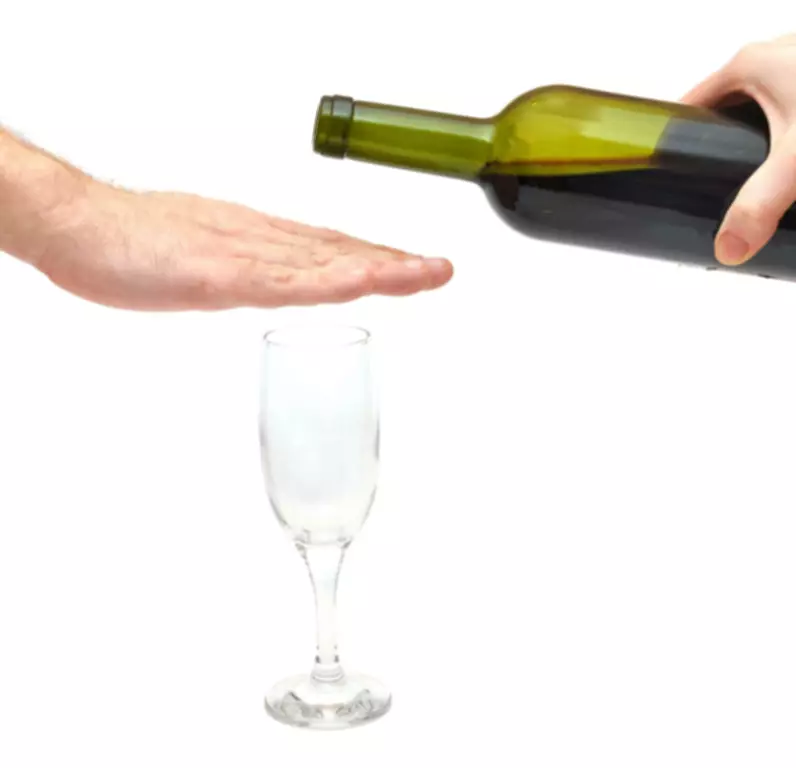Cue exposure therapy is still in the experimental stage, with support for its efficacy thus far coming mainly from case reports (Institute of Medicine 1990). This approach seeks to develop a conditioned aversion in the client by associating an aversive event with alcohol. Treatment involves either pairing stressful or painful stimuli (e.g., nausea or electric shock) with actual alcohol consumption or pairing images of drinking with images of unpleasant scenes or experiences. Effectiveness of the procedures is enhanced when they are combined with other cognitive-behavioral strategies (Rimmele et al. 1989). Aversion therapies have been implemented in only a few treatment centers and have not been adopted widely by treatment providers. Clients who live at home and receive outpatient treatment, for example, are likely to encounter high-risk situations daily that require complex skills.
Mental Health Challenges that Drive Addiction
Contingency management may be useful particularly for clients who are impulsive, who require structure, or who may be poorly motivated. Cognitive-behavioral approaches, on the other hand, freely include internal events, such as thoughts and feelings that are known only through self-reports, in conceptualizing the factors that precipitate and maintain behavior. These approaches make use of learning techniques (e.g., repeated practice, modeling, and reinforcement) to modify the client’s behavior, thoughts, and feelings. Genetic, psychological, social and environmental factors can impact how drinking alcohol affects your body and behavior. Theories suggest that for certain people drinking has a different and stronger impact that can lead to alcohol use disorder.
Working While in Treatment: How Outpatient Rehab Helps
- So it’s not that sobriety is inherently boring; it’s that your serotonin and dopamine levels are now very low.
- Using this process, the therapist avoids arguing with the client, confronting the client’s resistance head on, or labeling the client as an alcoholic.
- You might not recognize how much you drink or how many problems in your life are related to alcohol use.
- Its chief goal is to develop a highly reinforcing sober lifestyle that clients will seek to perpetuate, thus addressing not only the drinking problem but also the negative lifestyle factors likely to undermine recovery.
If you give up after a couple of minutes of feeling disinterested, you’ll never get into it. Sometimes you just have to persist until you overcome that initial resistance. Try picking something you want to do and sticking with it for a certain length boredom and alcoholism of time no matter what. If you’re still not into it after 10 or 15 minutes, try something else. Two of the interventions described above have not yet been widely used or extensively tested, although promising outcomes have been reported.

Methods to Overcoming Boredom in Recovery
Individual therapy provides greater attention to people for whom group therapy may not be recommended (indications for individual therapy are reviewed by Rounsaville and Carroll 1992). In this case, the therapist assumes functions usually assigned to group members. One complication in treating those with alcohol problems can be the clients’ inability to implement the changes specified in a treatment plan because of their behavioral deficits. That is, these clients may never have acquired the appropriate coping behaviors or skills, or, having learned them at one time, they cannot retrieve the skills either from lack of practice or from some inhibition. Whatever the reason for them, behavioral deficits are considered to be a significant obstacle to recovery from alcoholism (Miller and Hester 1989).
A robust support network is crucial for maintaining long-term sobriety and successfully managing boredom in addiction recovery. Social connections can provide emotional support, accountability, and opportunities for engaging in enjoyable activities, all of which can help combat boredom and promote overall well-being. Address underlying issues that may contribute to drug experimentation, such as stress, anxiety or depression. Teach coping skills and resilience-building strategies to help youth manage life’s challenges in healthy ways.
- Family members generally require education about alcohol and its effects as well as opportunities to discuss the impact that a loved one’s alcoholism has had on their lives.
- When you get sober, you realize there is an entire daytime pulse in your city or town that you never really felt before.
- If you find yourself reaching for a drink whenever you’re bored or looking to kill time, you should stop and take measures to correct these tendencies early before they become problematic.
- It can emerge due to a lack of self-awareness about what we find fulfilling.
The clients who benefited most from these approaches had skills deficits in areas specifically addressed by the treatment they received. The same report also noted that behavioral self-control training appears effective for clients who are not severely alcohol dependent. In many cases, the therapist’s functional analysis of the client’s drinking behaviors identifies problems encountered in interactions with others. Consequently, clients have to learn to resist offers to drink or related forms of social pressure from coworkers, friends, or even family members.
What can different cultures teach about boredom? – BBC.com
What can different cultures teach about boredom?.
Posted: Thu, 10 Dec 2020 08:00:00 GMT [source]

